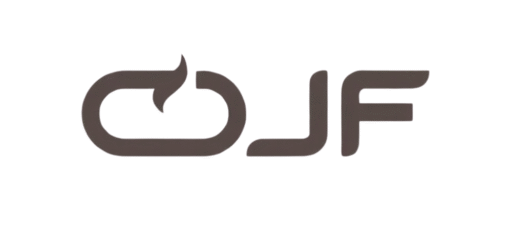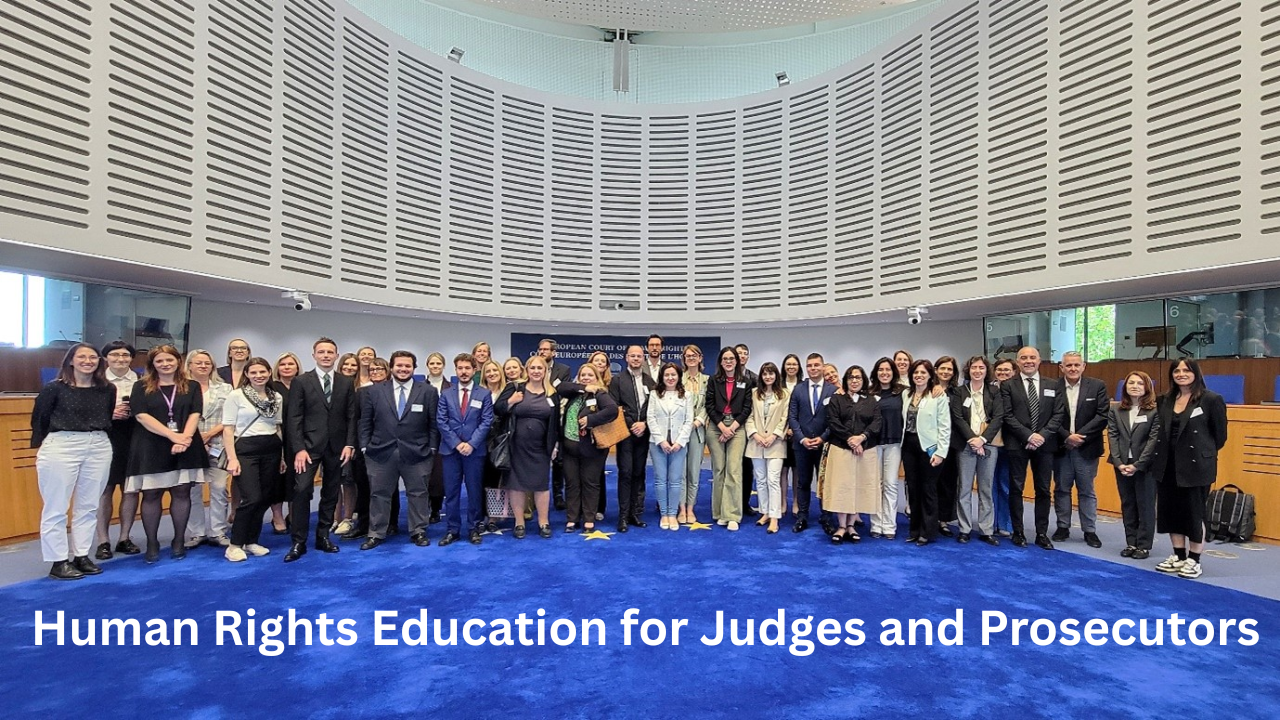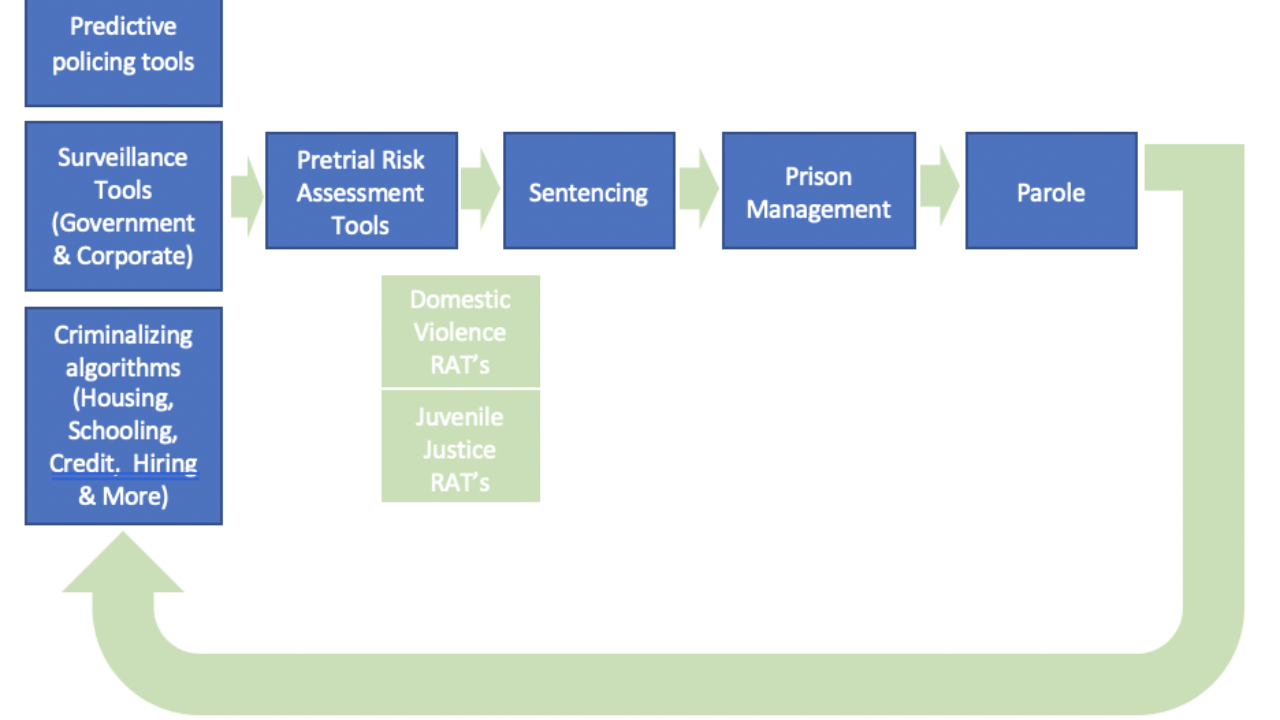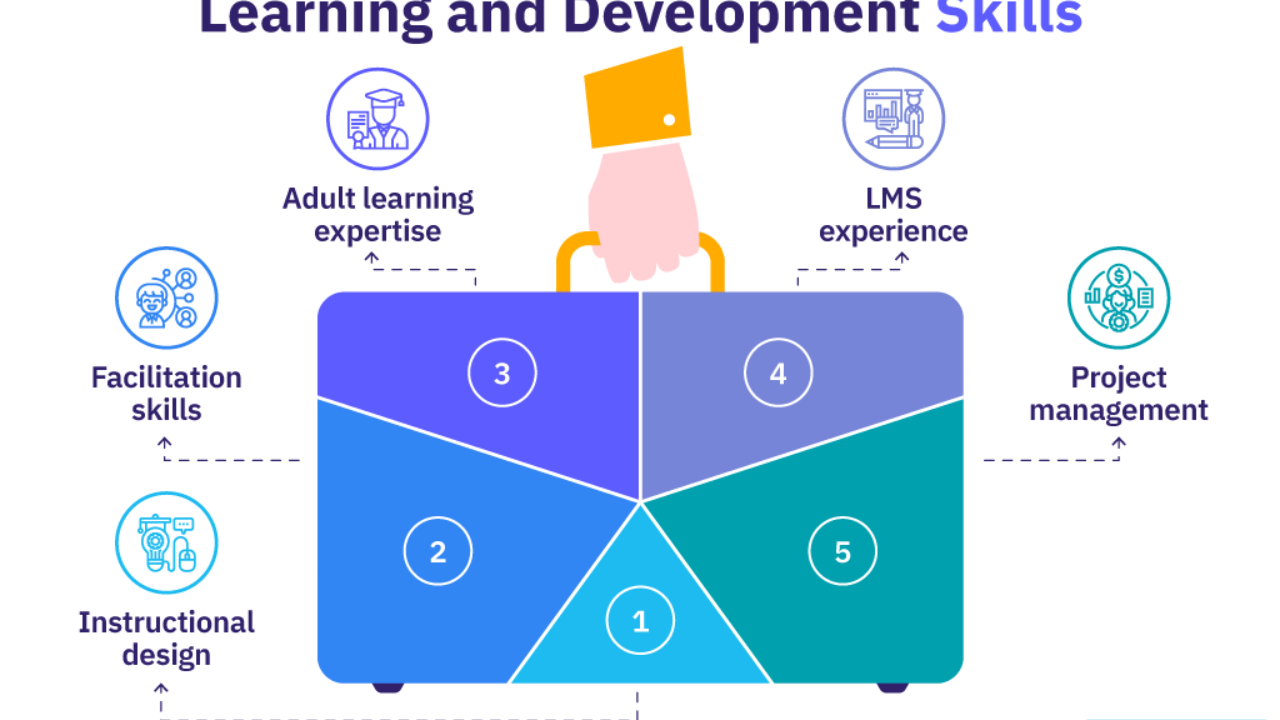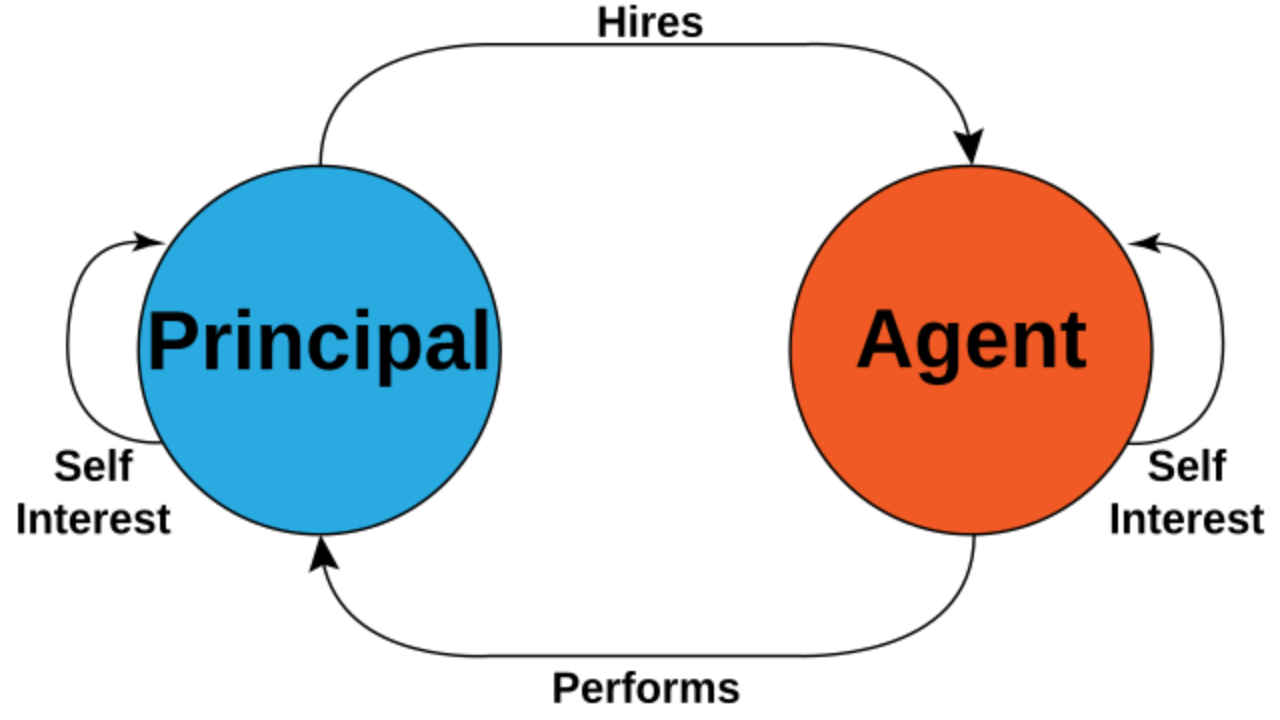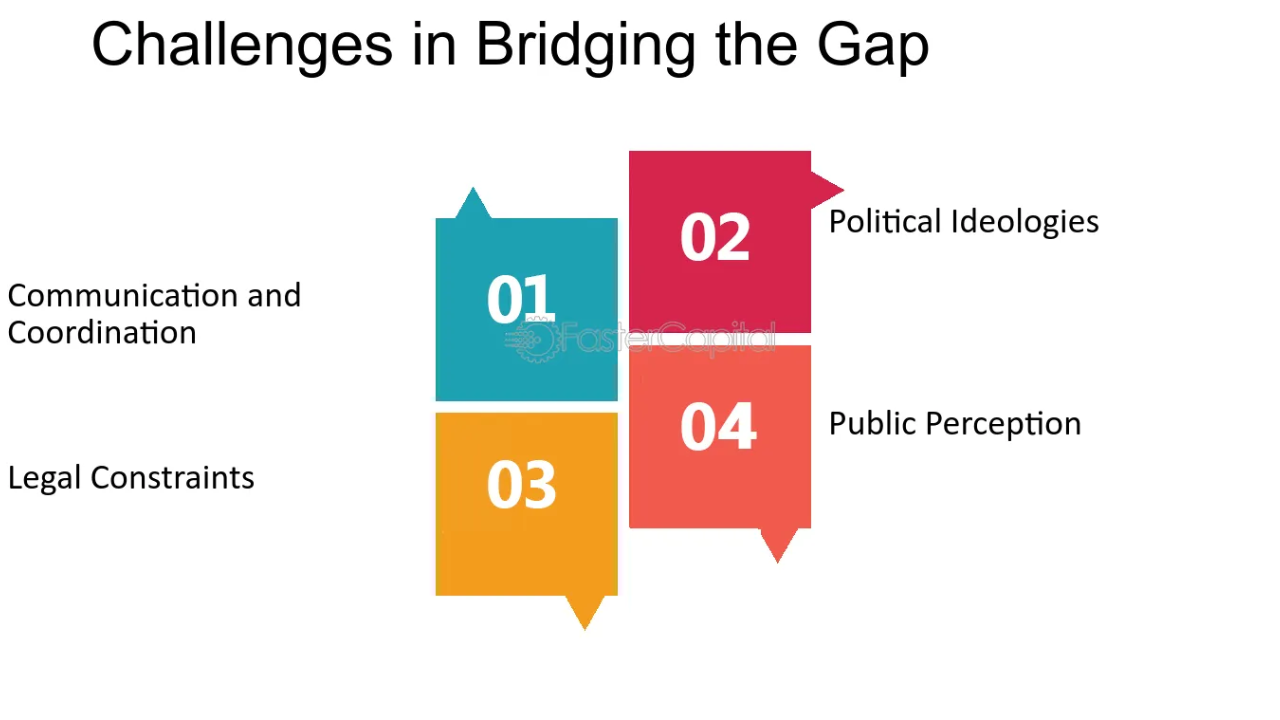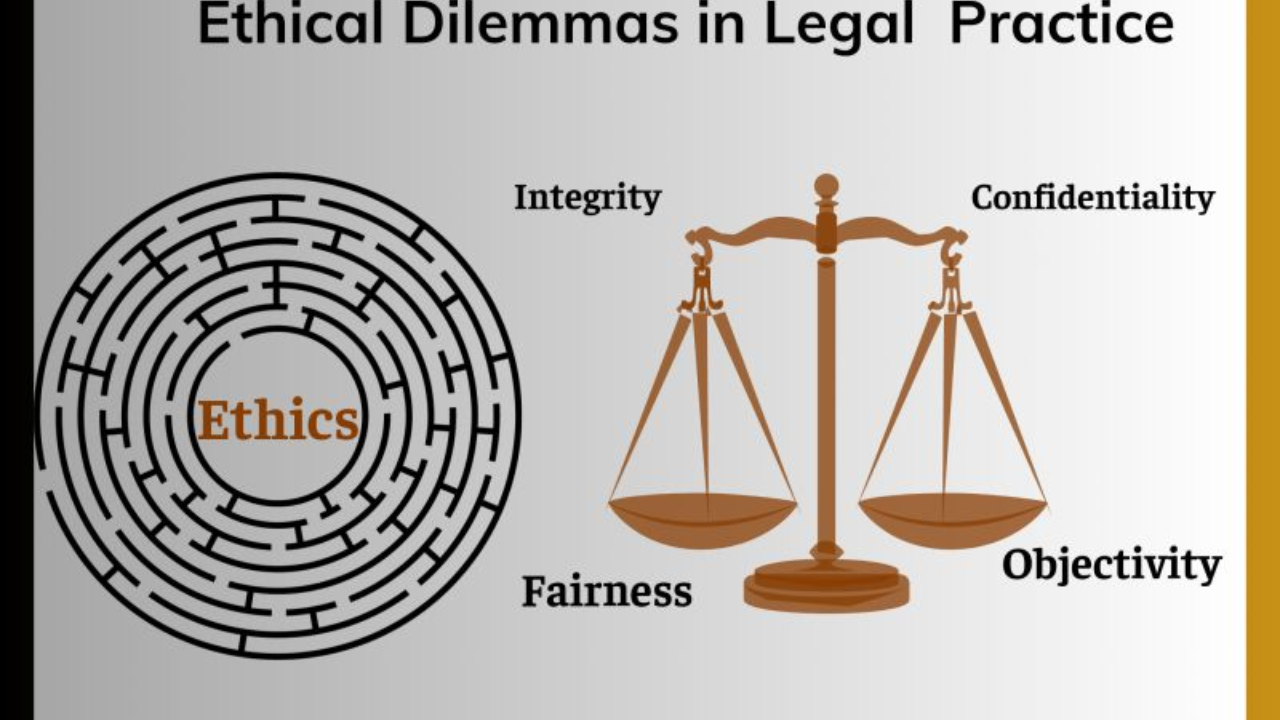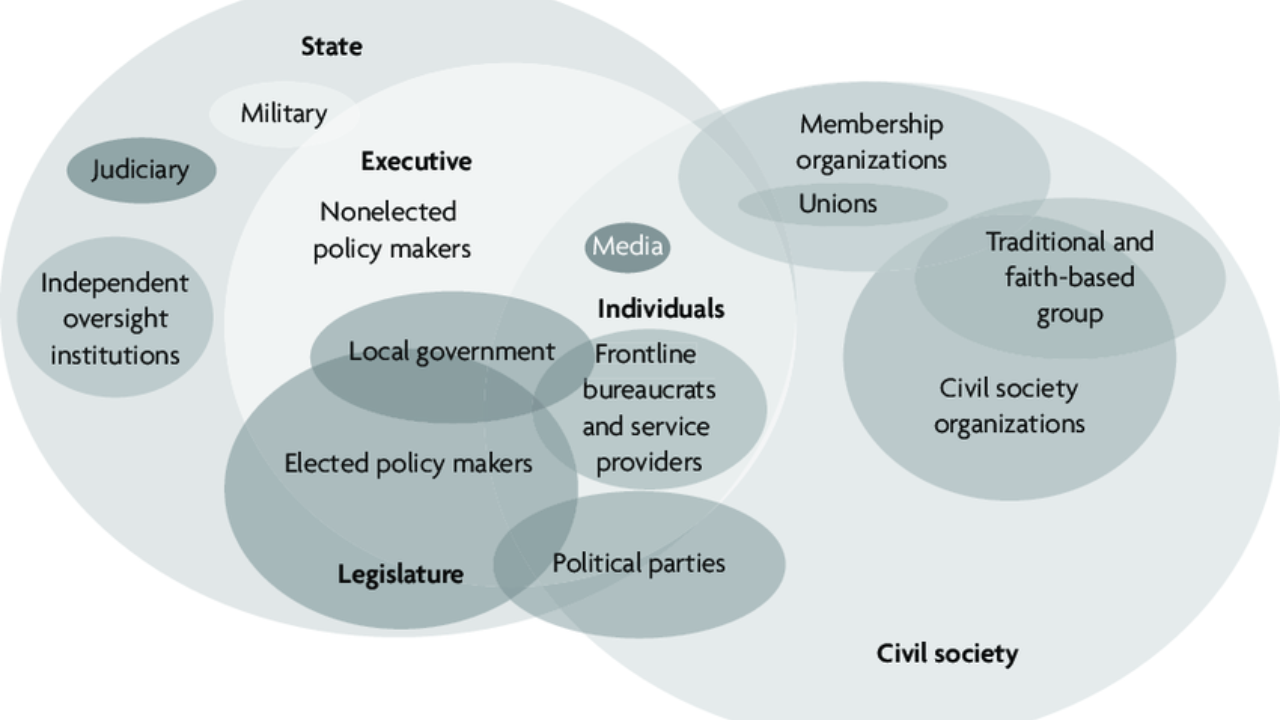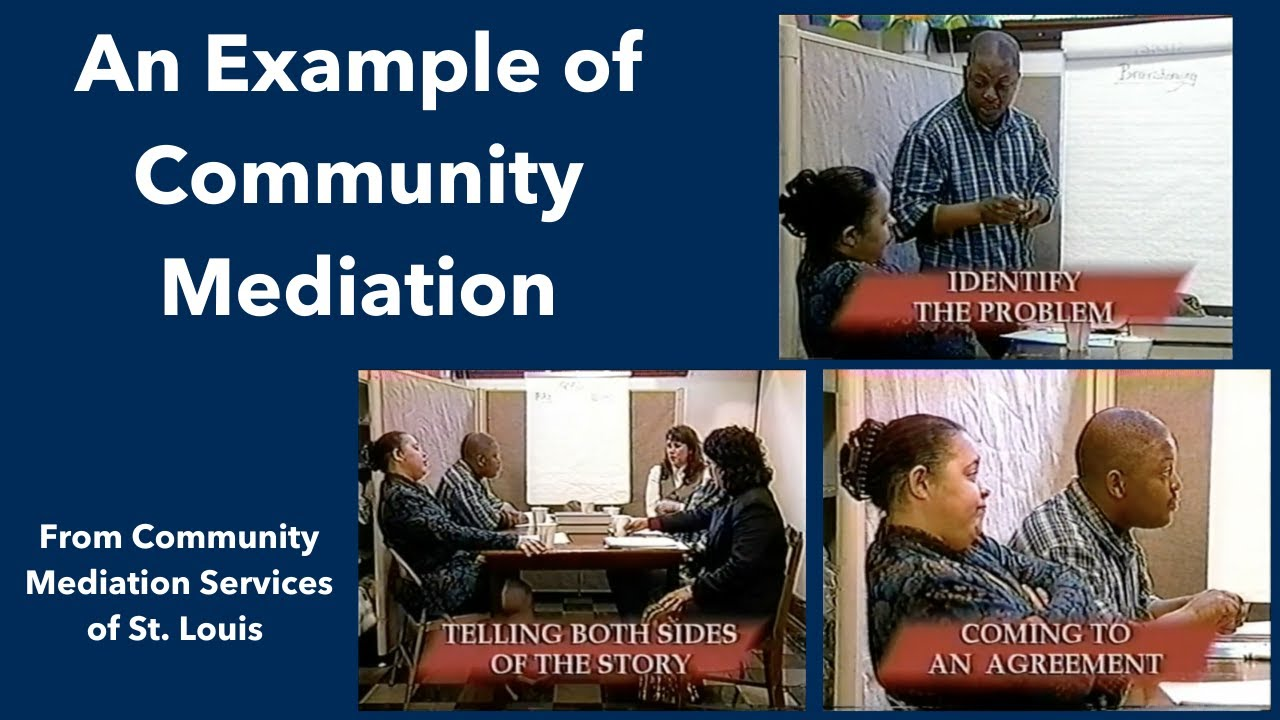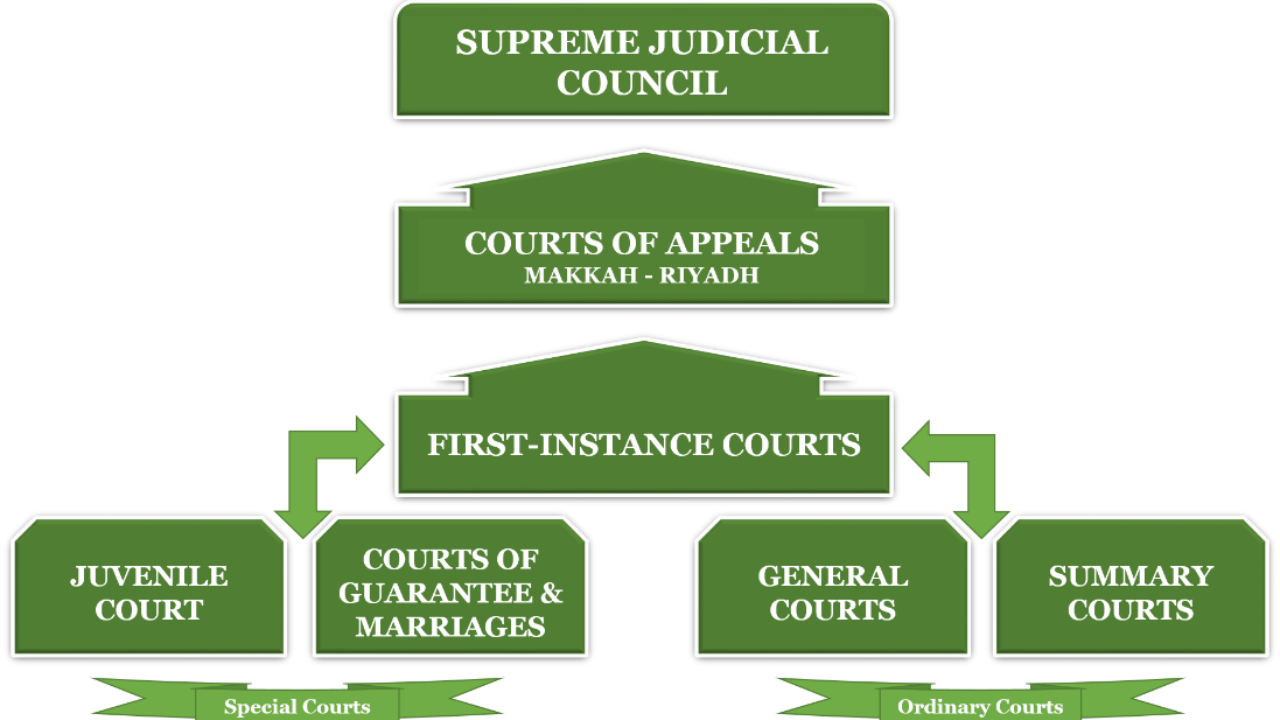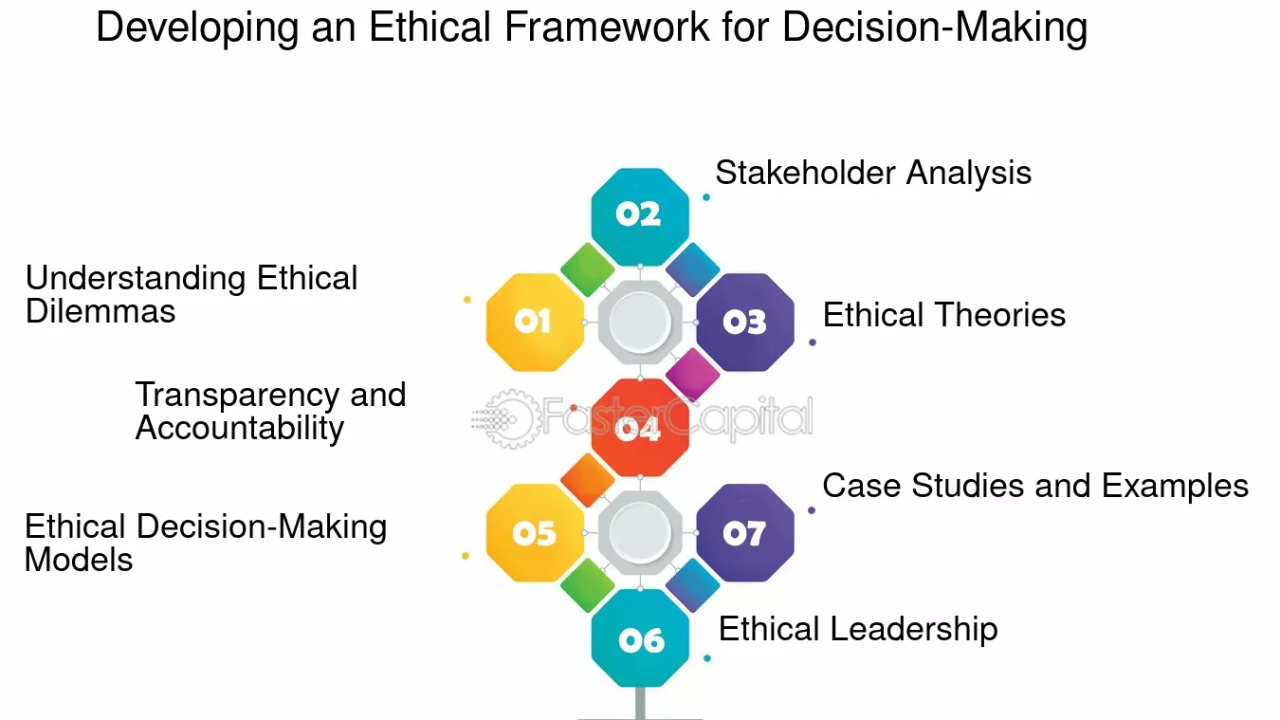Justice With Dignity: Why Human Rights Education Is a Must for Judges and Prosecutors
Judges and prosecutors are the cornerstones of a functioning justice system. Their decisions can protect rights—or infringe upon them. In today’s globalized legal environment, where international conventions and domestic human rights laws often intersect, there is a growing imperative: every judge and prosecutor must be trained in human rights principles. Human rights education ensures that … Read more
